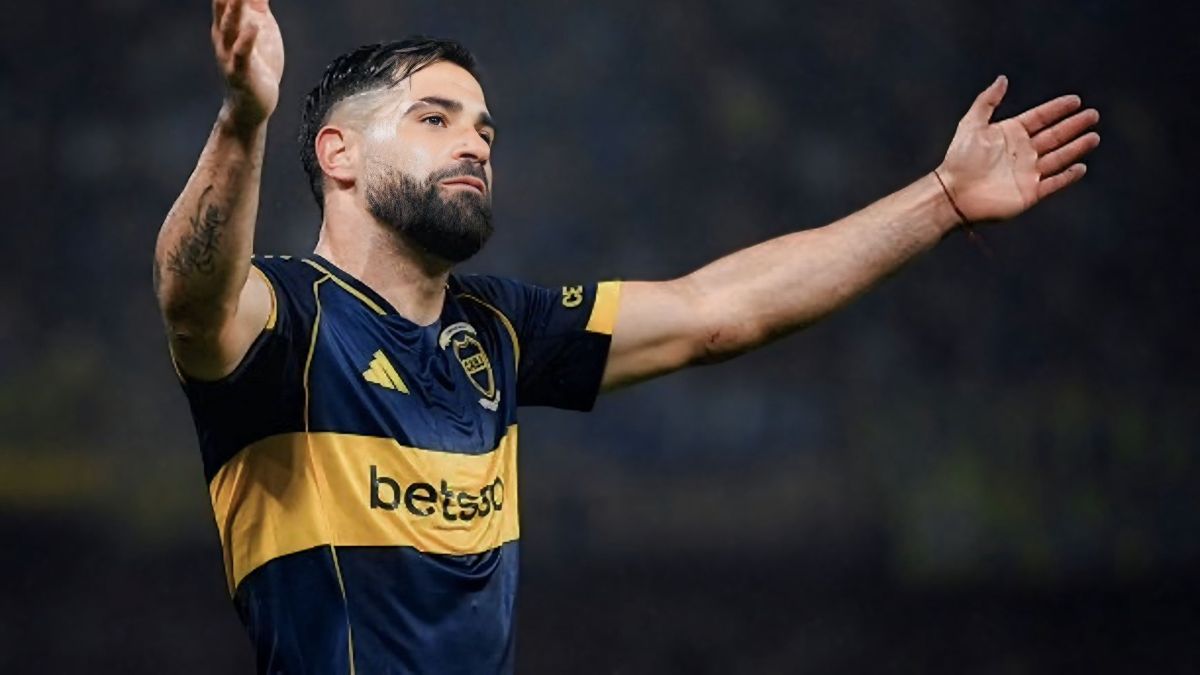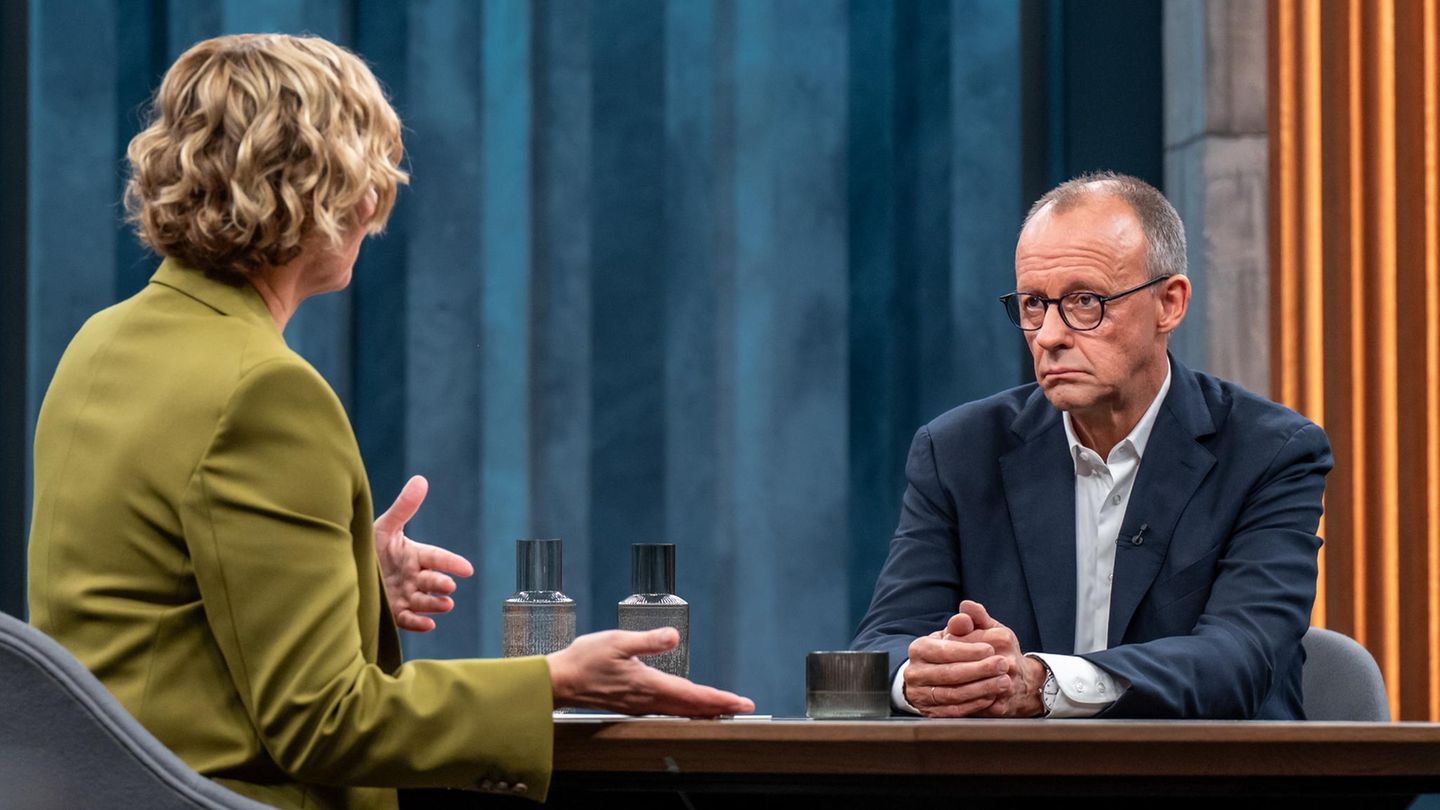For this reason, no action for damages will be brought and the general meeting will propose the exoneration of the former CEO, according to a statement by OMV on Wednesday evening.
“Possible breaches of duty” were examined, among other things, in connection with the change in gas supply contracts with Gazprom Export and the conclusion of a sponsorship agreement with the football club Zenit St. Petersburg in 2018. The conclusion of a side agreement with an OMV executive was also investigated. With regard to the gas supply contracts, the former CEO acted “within the scope of his authorization,” according to the findings of the law firms commissioned with the audit.
In the course of the investigation, however, there were “indications of deviations from internal company requirements” in the conclusion of the side agreement and the sponsorship contracts. Nevertheless, it can be assumed that both agreements were concluded with legal effect, according to the legal experts according to the announcement. And: “Despite identified deviations from internal company guidelines, there was no actionable misconduct on the part of the ex-CEO,” said lawyer Johannes Zink from the law firm hba. Accordingly, nothing stands in the way of exoneration of the former manager by the general meeting.
The supervisory board intends to follow this recommendation “after detailed discussion”. “We took the allegations very seriously and commissioned an external investigation. The Supervisory Board is therefore following the recommendation of the legal experts and, from the current perspective, will not initiate any lawsuits and will propose that the ex-CEO be exonerated at the upcoming Annual General Meeting,” said the Chairman of the Supervisory Board of OMV Mark Garret quoted in the notice.
However, the test results “also showed that the former CEO was negligent in interpreting OMV’s strict compliance and behavioral rules,” admitted Garret. Such behavior has no place at OMV, which is why the internal rules have been tightened to the effect that strategically important contracts require the formal approval of the Supervisory Board.
Source: Nachrichten




